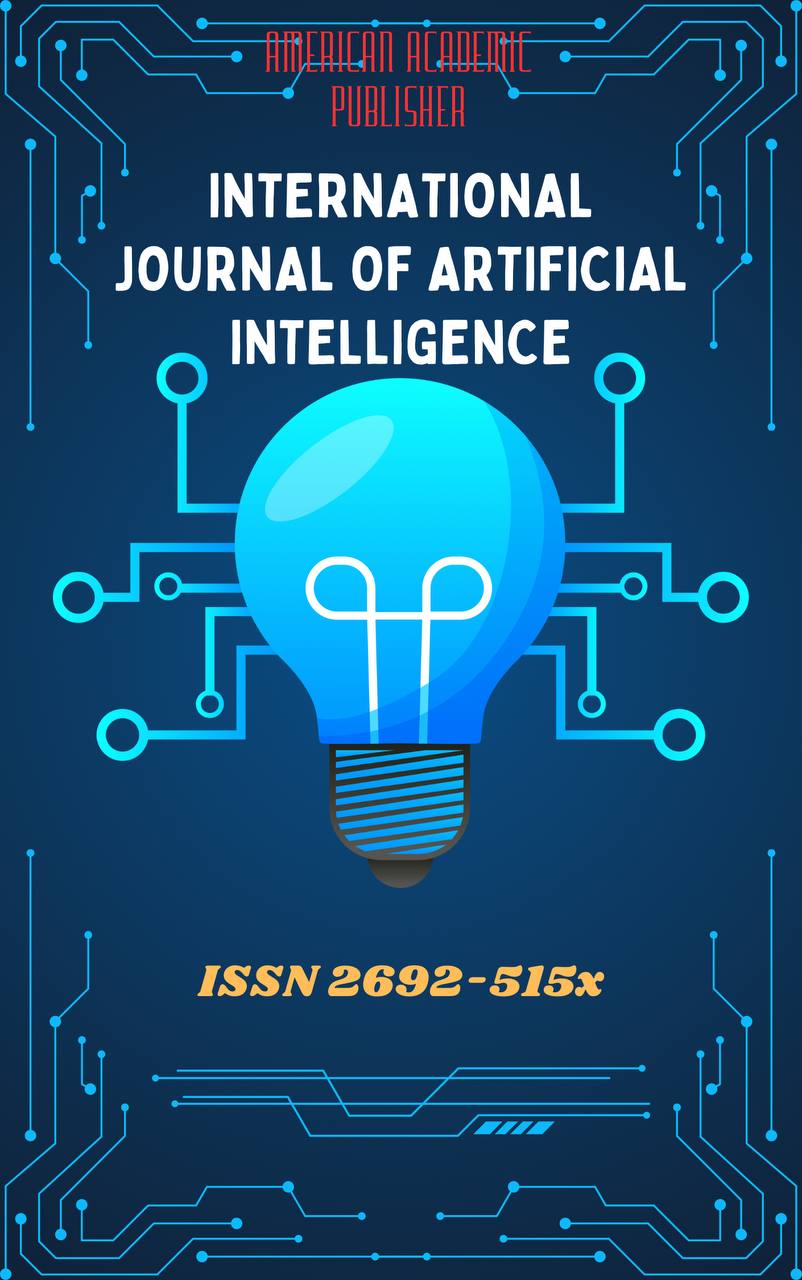 Articles
| Open Access |
Articles
| Open Access | MODERN APPROACHES TO LOCAL BUDGET MANAGEMENT IN MUNICIPAL GOVERNANCE
Boboyeva Surayyo Khamroyevna , Teacher of the department of economics, University of information technologies and managementAbstract
In the face of growing demands for public accountability, environmental sustainability, and service efficiency, modern approaches to local budget management have emerged as essential tools in transforming municipal governance. This paper explores key innovations including performance-based budgeting (PBB), participatory budgeting (PB), digitalization of public financial systems, and the integration of green budgeting frameworks. Drawing on global case studies and comparative academic literature, the study highlights how these approaches enhance fiscal transparency, encourage citizen engagement, and align local spending with strategic development goals. PBB links resource allocation to measurable outcomes, improving service delivery efficiency; PB democratizes fiscal decisions by involving residents directly in budget prioritization; digital tools expand access to budget data and streamline planning; and green budgeting aligns municipal finance with environmental objectives. Despite these advances, numerous challenges remain—including limited institutional capacity, digital divides, insufficient legal frameworks, and uneven fiscal autonomy across municipalities. The paper concludes that successful adoption of modern budget practices requires not only technological and procedural reforms but also sustained investment in local capacity-building, inclusive governance, and regulatory adaptation.
Keywords
local budget management, municipal governance, performance-based budgeting, participatory budgeting, fiscal transparency, public financial management, green budgeting, e-budgeting, citizen participation, decentralization.
References
Andrews, M., & Shah, A. (2006). The Myth of Fiscal Federalism. In A. Shah (Ed.), Local Governance in Developing Countries (pp. 107–131). World Bank.
Bird, R. M., & Smart, M. (2002). Intergovernmental Fiscal Transfers: International Lessons for Developing Countries. World Development, 30(6), 899–912.
Goldfrank, B. (2012). The World Bank and the Globalization of Participatory Budgeting. Journal of Public Deliberation, 8(2), Article 7.
Hege, E., & Brimont, L. (2018). Greening the Budget: Challenges and Opportunities for Environmental Budgeting. Institute for Sustainable Development and International Relations (IDDRI).
OECD. (2020). OECD Green Budgeting Framework: Key Insights. Organisation for Economic Co-operation and Development.
Robinson, M., & Brumby, J. (2005). Does Performance Budgeting Work? An Analytical Review of the Empirical Literature. IMF Working Paper No. 05/210.
Schick, A. (2010). Post-Crisis Fiscal Rules: Stabilising Public Finance while Responding to Economic Aftershocks. OECD Journal on Budgeting, 10(2), 1–26.
Shah, A. (2007). Participatory Budgeting. World Bank Public Sector Governance and Accountability Series.
Sintomer, Y., Herzberg, C., & Röcke, A. (2013). Participatory Budgeting in Europe: Democracy and Public Governance. Routledge.
Touchton, M., & Wampler, B. (2014). Improving Social Well-Being Through New Democratic Institutions. Comparative Political Studies, 47(10), 1442–1469.
UN-Habitat. (2015). International Guidelines on Decentralization and Strengthening of Local Authorities. United Nations Human Settlements Programme.
Wampler, B. (2007). Participatory Budgeting in Brazil: Contestation, Cooperation, and Accountability. Penn State Press.
World Bank. (2021). GovTech Case Studies: Transforming Public Financial Management Systems. World Bank Group.
Article Statistics
Downloads
Copyright License

This work is licensed under a Creative Commons Attribution 4.0 International License.

